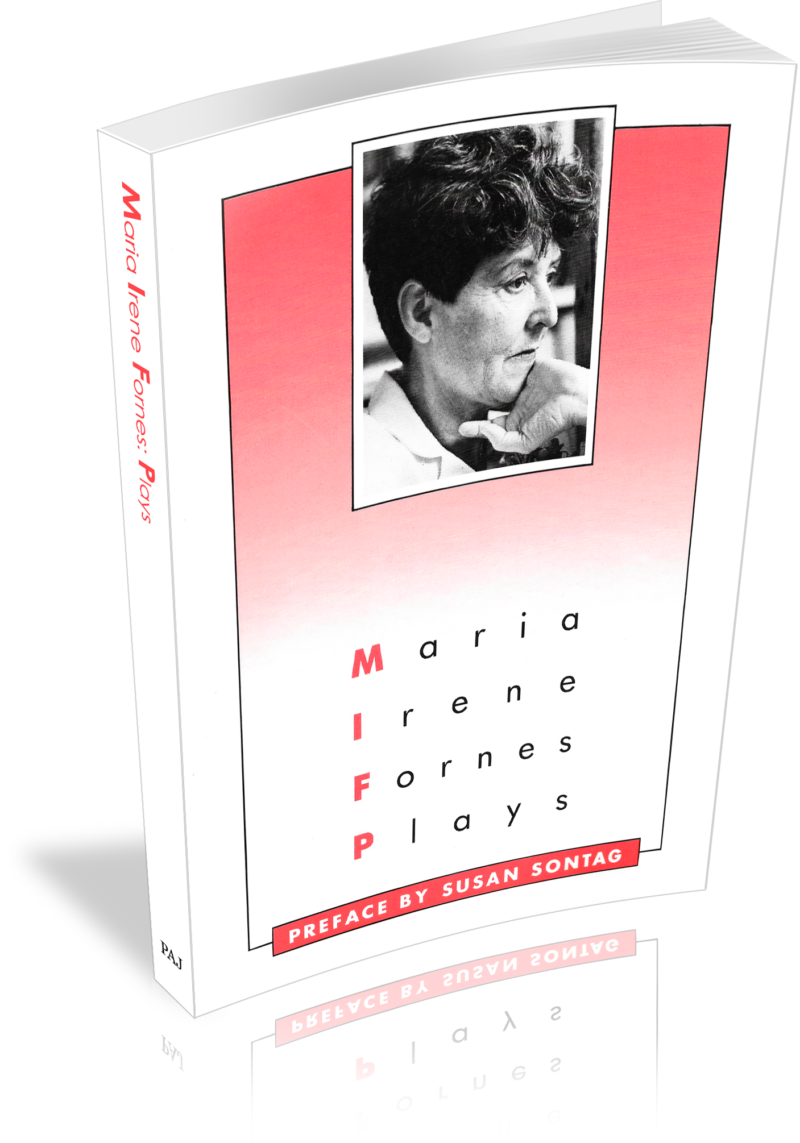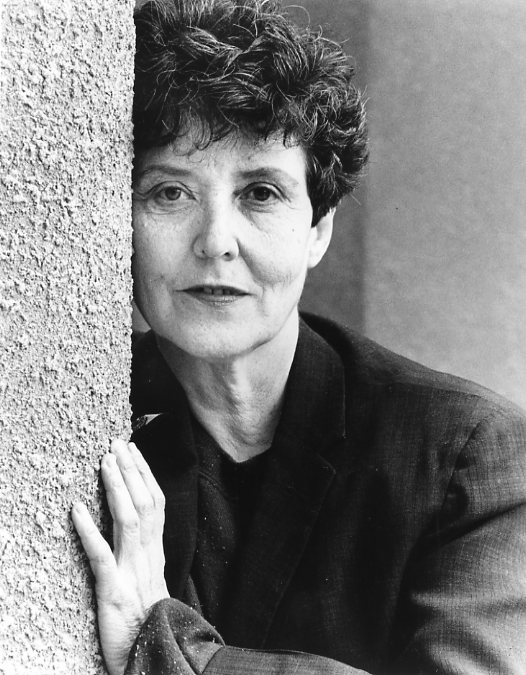
The Danube
This play is included in the collection:
Description
A love story set against the backdrop of war, perhaps nuclear holocaust. Paul, an American, meets Eve in Budapest. They fall in love and marry. As they work to overcome their communication difficulties through foreign language instruction tapes, they gradually grow ill from the pollution as their world begins to fall apart.
Production Info
Full Length Drama (about 60 minutes)
Single Set
Contemporary Costumes
Press Quotes
“THE DANUBE and MUD have paved the way for a new language of dramatic realism.” —Bonnie Marranca, Theaterwritings
“THE DANUBE [is] one of the most startlingly original and devastating things I can ever remember seeing on a stage.” — Michael Feingold, Village Voice
“THE DANUBE is a play that mysteriously, yet naturally, makes the poetry of the living theater an experience of great power … it’s told, without intermission, in a series of short scenes of very simple, very beautiful language. Initially, it’s an amusing little love story, accompanied by schmaltzy accordion and gypsy violin, in which Paul, a young American, meets and falls in love with Eve, a young woman of Budapest. Their courtship, conducted in the monosyllabic sentences of an English-Hungarian conversation course, is charming, old-fashioned. Then, the romance becomes diseased. Eve suddenly faints at a restaurant; Paul has a seizure after their lovemaking; he is sent to a hospital; their skin breaks out in evil-looking sores; their cozy world of family and friends collapses … THE DANUBE makes graphically clear that the gradual death choking its characters is the result of a nuclear explosion and pollution. But, for Fornés, the shattering of this secure, simple life also could be the result of any terrifying element in a contemporary world filled with the forces of destruction. None of this is specifically stated, however. The cheerful mood of the love story is established through a sweet, smiling simplicity, expressed in the direct language of the conversation lesson that is played on a recording. The dread effects of the ensuing disaster are shown vividly in the dark glasses that the characters put on, in the stained soldier’s uniform that Paul wears, in the eternity that it takes an old man to lift a small cup of coffee to his lips, and in the stringy bit of slime that he picks from the cup.” —Richard Christiansen, The Chicago Tribune
Author
 María Irene Fornés
María Irene FornésFornés was born on May 14, 1930, in Havana, Cuba, to Carlos Luis and Carmen Hismenia Fornés. After her father died in 1945, she moved with her mother and sister to the United States, becoming a naturalized U.S. citizen in 1951. From 1954 to 1957, Fornés lived in Paris, studying to become a painter. However, after attending a French production of Samuel Beckett's WAITING FOR GODOT, Fornés decided to devote her creative energies toward playwriting. Upon returning to the United States, she worked for three years as a textile designer in New York City. THE WIDOW, Fornés's first professionally produced play, was staged in 1961. Fornés acted as the director for many of her subsequent works, including THERE! YOU DIED (1963; later retitled TANGO PALACE, 1964), THE SUCCESSFUL LIFE OF 3: A SKIT IN VAUDEVILLE (1965), and MOLLY'S DREAM (1968), among others. In 1973 she founded the New York Theatre Strategy, which was devoted to the production of stylistically innovative theatrical works. Fornés has held teaching and advisory positions at several universities and theatrical festivals, such as the Theatre for the New City, the Padua Hills Festival, and the INTAR (International Arts Relations) program in New York City. She received eight Obie awards — in such categories as distinguished playwriting and direction and best new play — for PROMENADE (1965), THE SUCCESSFUL LIFE OF 3, FEFU AND HER FRIENDS, THE DANUBE (1982), MUD, SARITA (1984), THE CONDUCT OF LIFE, and ABINGDON SQUARE (1987). Fornés received numerous other awards and grants for her oeuvre, including Rockefeller Foundation Grants in 1971 and 1984, a Guggenheim Fellowship in 1972, National Endowments for the Arts grants in 1974, 1984, and 1985, an American Academy and Institute of Letters and Arts Award in Literature in 1986, and a Playwrights U.S.A. Award in 1986. She also produced several original translations and adaptations of such plays as Federico Garcia Lorca's BLOOD WEDDING (1980), Pedro Calderón de la Barca's LIFE IS A DREAM (1981), Virgilio Piñera's COLD AIR (1985), and Anton Chekhov's UNCLE VANYA (1987). She died in New York City on October 30, 2018.
Book Information
| Publisher | PAJ Books |
|---|---|
| Publication Date | 7/1/2001 |
| Pages | 152 |
| ISBN | 9780933826830 |
Special Notes
Originally produced at the Padua Hills Festival, Claremont CA
by special arrangement with Broadway Play Publishing Inc, NYC
www.broadwayplaypublishing.com